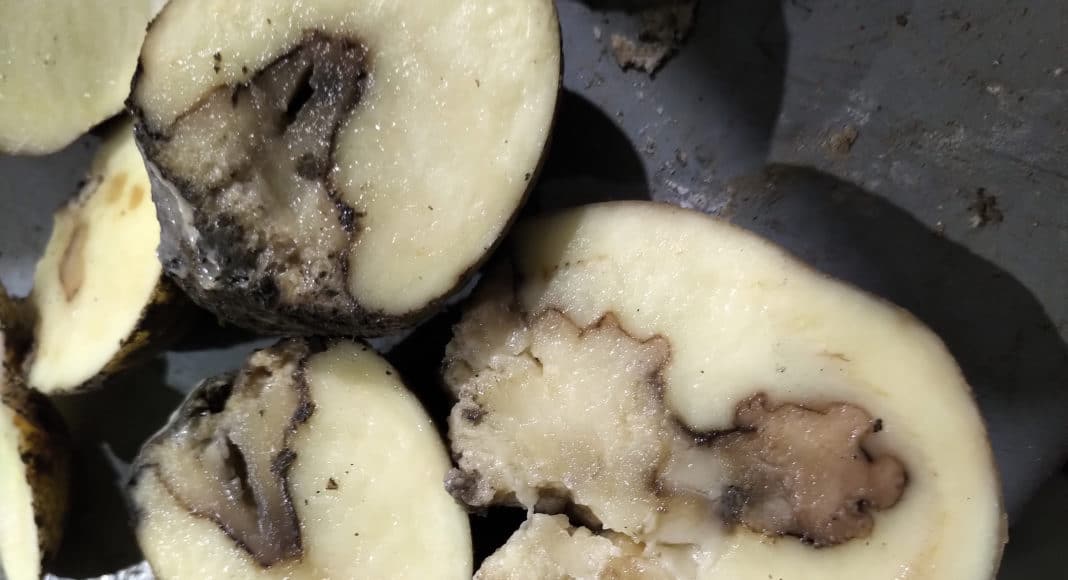Most cultivated potato varieties are susceptible to potato diseases caused by Pectobacterium species but wild potatoes from South America may hold the key to help protect spuds, a new study from Colorado State University (CSU) said.
Janak Joshi and colleagues from CSU conducted a study where they investigated how wild potatoes from South America (Solanum chacoense M6) can tolerate these Pectobacterium-caused diseases. In a previous study they had found wild potatoes produce molecules called metabolites, which reduce disease virulence by interrupting the bacteria’s communication system and stopping their ability to degrade plant cell walls.
In the latest study, the team compared the protein profiles of wild and domestic potatoes. They discovered a second set of molecules—called protease inhibitors—that also prevents bacterial malignance. From there the researchers cloned DNA for several protease inhibitor genes and purify the proteins they encode. It was then found that these proteins cause the bacteria to change shape and oddly clump together, inhibit their ability to degrade plant cells, and even hinder their motility.
“Our finding is the second resistance mechanism we observe in this plant species, S. chacoense. This supports the idea that wild plant species have evolved with multiple resistance factors, or their own ‘pyramid’ of traits, that can be translated into our food and ornamental plant industries,” corresponding author Adam Heuberger said in a news release on the study.
The researchers now plan to use this information to breed a next generation of potato varieties that resists pathogens durably and independently, reducing rot waste and chemical sprays.
The study results were published in Molecular Plant-Microbe Interactions.
Related Articles
How to Keep Potato Diseases out of Your Potato Storage
Beware of Potato Diseases which are Soil-borne Yield Robbers











